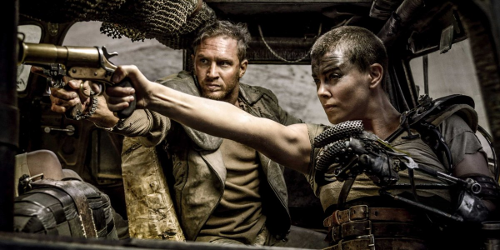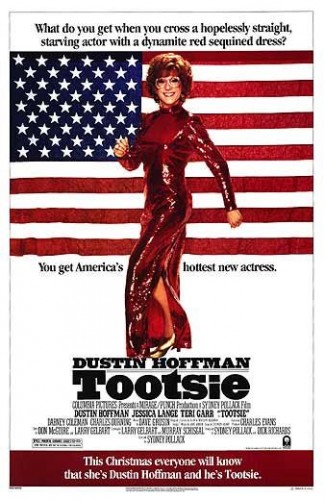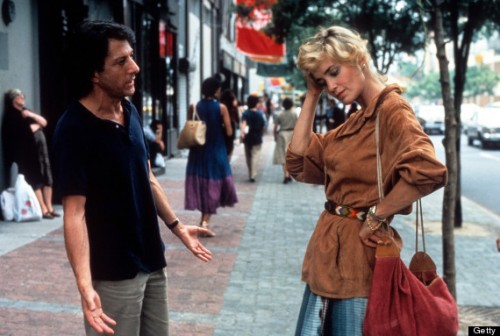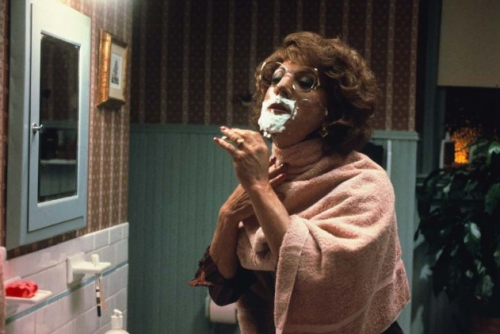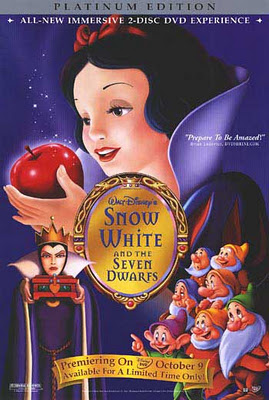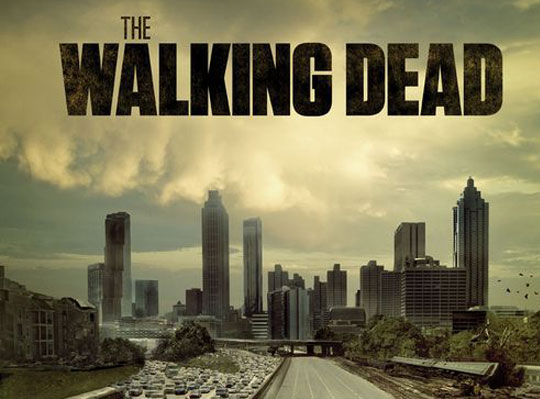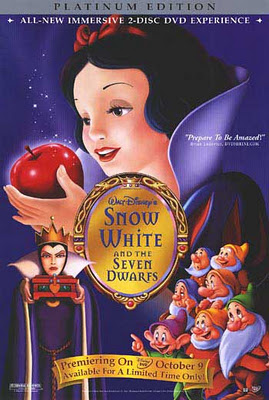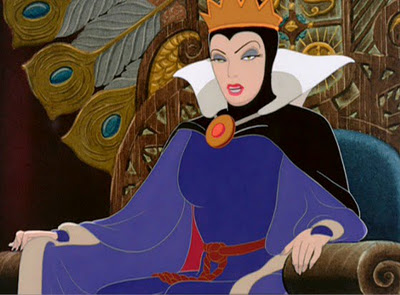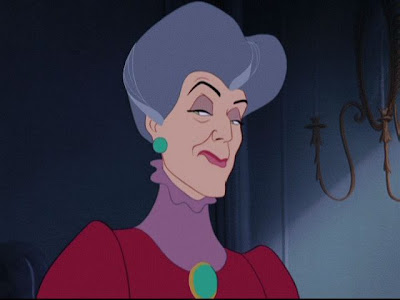
This guess post by Rebecca Cohen previously appeared at Rebecca’s Random Crap and is cross-posted with permission.
Many who devote ourselves to the struggle for gender equality want to claim this movie as our own. Others have said feminists need to demand more from our entertainment than Mad Max: Fury Road actually delivers.
To wit:
Feminism doesn’t simply mean women getting to partake in typical badass “guy stuff.” Feminism is about redefining our social value system.
— Feminist Frequency (@femfreq) May 19, 2015
Mad Max‘s villains are caricatures of misogyny which makes overt misogynists angry but does not challenge more prevalent forms of sexism.
— Feminist Frequency (@femfreq) May 19, 2015
A lot of modern feminist readings of media boil down to 1. Is there a lady? 2. Does she do something cool? It’s a weakening of the theory.
— Sarah Argodale (@sarahargodale) May 19, 2015
I really don’t get how anyone could sit through 120 minutes of pure violent spectacle and leave believing they saw a critique of violence.
— Jonathan McIntosh (@radicalbytes) May 19, 2015
They’re right. Our culture glorifies violence, equates strength and power with violence, and attributes that strength and power to men. While violence may sometimes be necessary in self-defense or in rebellion against oppression, the glorification of violence is distinctly patriarchal. We can’t fight patriarchy’s values by adopting them. We can’t simply substitute a woman in the place of a man, giving her strength and power according to patriarchy’s narrow definition, and call it feminist. There’s nothing revolutionary about masculine power fantasies, even with a woman at the center of them.
But. They’re also wrong. They’re wrong about Fury Road and exactly what’s going on in that movie.
I want to say, as a side note, that there’s nothing wrong with fantasies of violent rebellion against violent oppression. When you experience the frustration of being dehumanized and marginalized and discriminated against, you need catharsis. It’s exhilarating. It’s fun. It’s necessary. But, OK – maybe if we want to narrowly define what makes a “feminist film,” we can say it’s not, strictly speaking, feminist.
However, I’d argue that Mad Max: Fury Road contains more critique of patriarchy and entrenched inequality than critics or even some fans have given it credit for.
Yes, the villains are caricatures, or at least, they’re cartoonishly exaggerated – as everything in the movie is. The whole thing is basically a cartoon. But we don’t have to read the movie so literally. To say that a narrative must literally portray the dismantling of realistic social and economic systems is setting the bar too high. A message about social justice, like any message, can be conveyed symbolically or subtextually. Science fiction has always done that. Sometimes a flame-throwing guitar is NOT just a flame-throwing guitar. Well, OK. It’s just a flame-throwing guitar. But some of the other stuff has meaning.
Fury Road depicts a patriarchal society controlled by a small and very powerful elite. It’s not accidental that all the warlords in the movie are older white men. They even have ailments that make them each of them physically deformed and weak – Immortan Joe has visible abscesses all over his back and requires an apparatus to breathe – highlighting that their power doesn’t rely on their own physical strength. Their power is systemic. They control others through religion/ideology (promising the War Boys honor and entry to Valhalla) and hoarding of resources (most obviously water). The 1 percent, if you will, keep the rest of the population in line by forcing them to rely on whatever meager allowance of resources the warlords dole out. Men and boys are exploited for labor and as foot soldiers. Women are exploited for their sexual and reproductive capacities. No, it’s not subtle, but it’s not empty action movie nonsense either.
The narrative is driven (heh) by women exercising their agency. It’s easy to see the central plot as an old, sexist trope: rival characters battling over possession of damsels in distress. But Fury Road turns the trope on its head; it’s the damsels who engineer their own escape. “We are not things” is the memorable line, but their scrawled message, “Our babies will not grow up to be warlords,” is the key to understanding Fury Road’s critique of patriarchal systems. The “wives” want more than just escape from sexual slavery; they want to stop contributing to the oppressive systems around them. The repeated question, “Who killed the world?” implies a larger critique as well – it was a male-dominated society which created this apocalypse and men who are responsible for current conditions.
Another trope that gets turned on its head is the contrast between society and wilderness. Traditionally wilderness is understood as a dangerous place for women, who are too weak and vulnerable to withstand its dangers. They need the protection of society. But in Fury Road, society, i.e. The Citadel, is the dangerous place. The women experience relative safety only when they reach the wilderness. The Vuvalini, Furiosa’s matriarchal tribe, may struggle to survive in a barren wasteland, but they’re still better off than women living under the protection of a warlord, who protects them only from other men. Away from male-dominated society, they’re safe.
The most feminist yet least talked about aspect of the film might be Nux’s story. He starts out happily ready to die in glory on behalf of Immortan Joe, but he learns that there’s another way. When Capable discovers him hiding in the War Rig, she treats him with tenderness instead of vengefulness. Nux discovers something to live for, rather than something to die for. He finds a bit of the redemption Max and Furiosa are also seeking.
Ultimately, Furiosa’s rebellion isn’t just an escape or revenge fantasy; instead we see an exploited people liberated. So the film asserts the need to overturn oppressive systems, and depicts a whole society benefiting from feminism – men and women alike.
Of course, there are problems. Nux’s rejection of warrior ideology might be more powerful if he had been allowed to live. Instead, he simply dies for a better cause, and the movie misses the chance to affirm that death isn’t really glorious. Also the “wives” aren’t the developed characters they could and should be. The narrative revolves around them, yet they barely assert individual identities. It’s hard to accept the claim that they’re “not things,” when they’re beautiful but rather anonymous for most of the movie. The role of the Vuvalini is also a bit disappointing; they appear in the narrative, strong and capable, possessing nearly forgotten knowledge and values… only to die one by one. They might as well have been wearing red Star Trek shirts.
So maybe this isn’t a feminist movie? Fantasy violence probably doesn’t help dismantle patriarchy. It really doesn’t. But then again there is more to Fury Road than that. It offers more than a tough woman killing cartoon misogynist bad guys. There is a narrative about social structures and the nature of power.
OK. In the end, we’re not going to liberate anyone from oppression by driving fast and skeet shooting motorcycles. Action movies are not ever going to be a serious and meaningful way to talk about feminism, in the strictest sense. But perhaps we should differentiate between a feminist movie, and a movie feminists can really enjoy. Fury Road is definitely at least one of those two things.
Rebecca Cohen is the creator of the webcomic The Adventures of Gyno-Star, the world’s first (and possibly only) explicitly feminist superhero comic.
